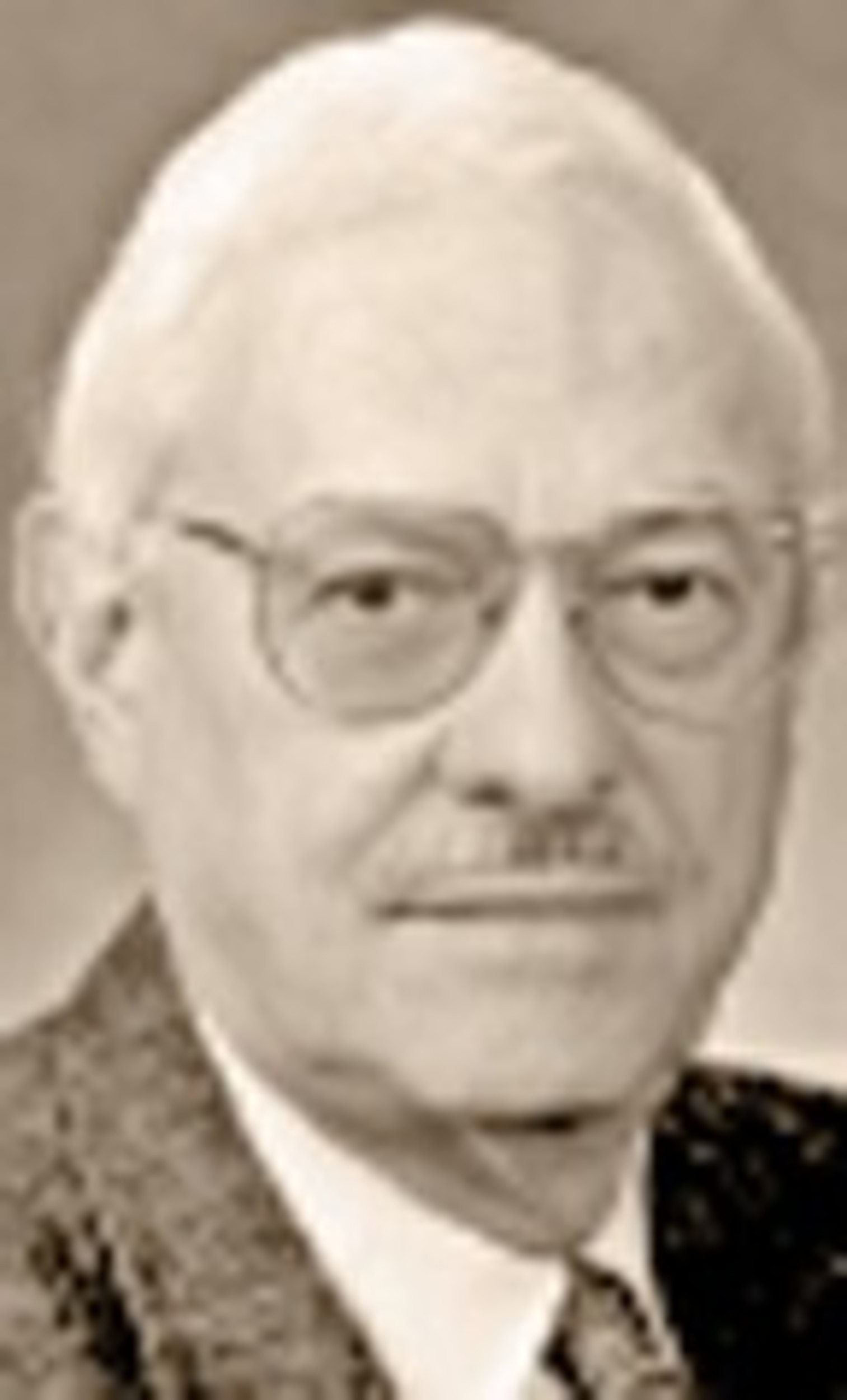And Joseph was told: Ye shall eat the fat of the land
Primitive societies invested much labor in growing or otherwise obtaining food. Drought, insect depredation and war periodically threatened the community’s food supply, making food central to tribal survival.
And on those infrequent occasions when food was abundant, especially at harvest time, surely dietary moderation was abandoned. Episodes of communal gluttony were then periodic events, evolving gradually into ritual feasts celebrating the abundance of food and thus expressing thanksgiving.
But during those trying intervals when food was scarce, human obesity provided clear evidence of one’s wealth and social stature. As recently as the early 20th century, Harry Goldin remembers his mother’s saying, “In America, the fat man is the boss, and the skinny man is the bookkeeper.”
A century ago, the portly executive with a gold watch chain festooned over an ample abdomen, accompanied by a matronly wife, was an icon of established authority. He was symbolic of success, contentment, jollity and ownership. Consider, for example, literary figures such as Falstaff, Mr. Pickwick and even Santa Claus, all with excessive girth. And even Shakespeare’s Caesar reflects: “Let me have men about me who are fat; sleek-headed men as such as sleep o’nights; yon Cassius has a lean and hungry look; he thinks too much; such men are dangerous.” On the other hand, literary villains were typically alienated and bitter souls: gaunt creatures such as Iago, Cassius, Legree and Richard III, men consumed – made slim – by their inner fury, men who were both lean and mean.
The morbid face of obesity emerged when life insurance companies undertook life-expectancy studies early in the 20th century. They discovered a statistical relationship between excessive body weight and shortened lifespan. Prospective epidemiological studies then defined obesity as a major risk factor in cardiovascular and endocrinological illnesses.
As the 20th century matured, the alleged blessings of obesity became better known. And if the body masses of United States presidents are any criterion of the American self-image, we seem to have reduced our idealized weight from the portly, sedentary McKinleys and Tafts to the spare and exercising Kennedys and Obamas.
But the mere recognition of the serious clinical implications of obesity does not translate readily to easily achievable weight reduction. Eating, like sex, is one of those driving forces in life that remain after minimal biological needs are fulfilled. Man is the only animal that eats when he is not hungry, drinks when he is not thirsty and has sex in all seasons of the year.
Many identify food as one of the central pleasures of life. Beyond its obvious nutritional role, food is central to every religious or secular ritual. Births, weddings, retirements and deaths are commemorated by a defining meal, often with prescribed foods.
What do we know about obesity? We know that it is more common in women and rural populations, and that there is an inverse relationship between obesity and socioeconomic status: 30 percent of the impoverished, 16 percent of the middle class and 5 percent of the upper class adults are overweight. In Europe and in the Western Hemisphere, obesity rates increase with one’s relative proximity to the equator. Obesity, it is sometimes said with a small measure of truth, is a southern trait.
For the foreseeable future, then, eating seems destined to satisfy much more than hunger pangs. Its role, for many, is diverse, pervasive and tangled. For some, it is a cherished preoccupation; for others, an addiction; and for still others, an activity infiltrated with social imperatives, taboos, religious prohibitions and uncounted, swirling unconscious forces.
Rhode Islanders, of course, are painfully aware of their weight gain; many engage in regimens to lose their added pounds. These exercises in painful self-denial are sometimes successful. Someone in Providence once commented: “I went on a diet, swore off drinking and heavy eating; and in 14 days I had lost exactly two weeks.”
STANLEY M. ARONSON, M.D. (smamd@cox.net) is dean of medicine emeritus at Brown University.








